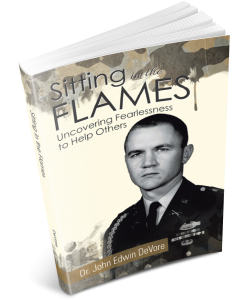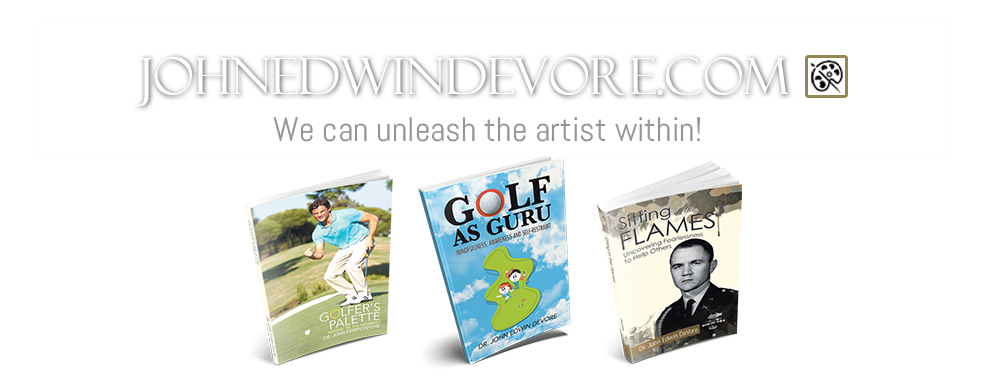UKRAINE WAR
The war in Ukraine is simply unnecessary death and suffering caused by lack of wisdom and a thirst for front page publicity and storybook fame. President Vladimir Putin’s decision borders insanity and ridiculous. Thich Nhat Hanh[1], a Vietnamese Buddhist monk, who recently passed away (1926-2022), offers guidance and counsel:
In the case of a society, take the situation of a country suffering war or any other situation of injustice. Try to see that every person involved in the conflict is a victim. See that no person, including all those in warring parties or in what appear to be opposing sides, desires the suffering to continue. See that it is only one or a few persons who are to blame for the situation. See that the situation is possible because of the clinging to ideologies and to an unjust world economic system which is upheld by every person through ignorance or lack of resolve to change it. See that two sides in a conflict are not really opposing, but two aspects of the same reality. See that the most essential thing is life and that killing or oppressing one another will not solve anything.
As a West Point “trained killer” and two-year Vietnam War combat veteran, the Ukraine War is simply the creation of fear, suffering and death to maintain perceived power and legitimacy, to establish a “perceived empire,” and to pursue a dream “— greatness of the Soviet empire —” that can never exist. Concerning Thich Nhat Hanh’s advice and counsel, Martin Luther King, Jr., offered, “Thich Nhat Hanh’s ideas for peace, if applied, would build a monument to ecumenism, to world brotherhood, to humanity.”
A personal sentiment for a strategic objective is to have a democracy that is measured, evaluated, and incented based on achievement of common good. This is an overwhelming task when one climbs into a satellite and looks around. There are millions of global citizens with inner consciousness, psychology, purposes, values, goals, objectives, physics, biology, and neurology. There are myriads of families, collectives, cultures, groups, and communities with music, art, political values, and connections. And there are multitudes of institutions, social systems, economies, and environments. In today’s diverse, politically sorted world, integration is certainly not an easy task! Where does one start to create processes that are measured, evaluated, and incented based on contributions to the common good? Perhaps a nice place to start is with a definition of common good.
“In philosophy, economics, and political science, the common good refers to either what is shared and beneficial for all or most members of a given community, or alternatively, what is achieved by citizenship, collective action, and active participation in the realm of politics and public service.” (Wikipedia)
Today, it feels like human chaos rules; and he-she who creates the greatest chaos rules and becomes today’s distraction from what needs to be done. President Putin and his cronies will continue to have the same assortment of candies and perks while Ukrainian citizens suffer, Russian citizens suffer, and other global citizens suffer. The war in Ukraine is wrong! Absent mindfulness, awareness and self-restraint, people, events, and places are simply distractions that mask the need for action to hasten the journey to common good. Nice reads are Thich Nhat Hanh’s The Miracle of Mindfulness, Lotus in a Sea of Fire and Peace in Every Step.
[1] Thich Nhat Hanh was a peace activist, prolific author, poet, and founder of the Plum Village Tradition, the foundation of Engaged Buddhism. Known as the “father of mindfulness,” Nhat Hanh was a major influence on Western practices of Buddhism. (Wikipedia)


